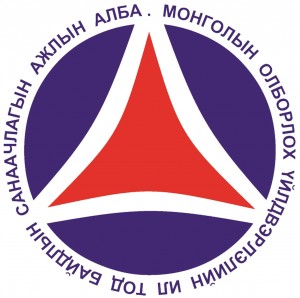Julian Dierkes // Jan 14, 2015
In the current iteration of the Asia Pacific Policy Project, we’re asking participants to regularly reflect on their experience on this blog. They will be sharing information and concrete lessons that they’ve learned, but we will also be encouraging them to reflect on the experience of an experiential learning project of this kind.
Since the Project is more of a structure in which learning occurs than a course in which the instructors (Dirk van Zyl, UBC Mining Engineering and myself) teach, such reflections are especially important for student to understand and realize the learning that they are doing. We know from many conversations with participants in previous Projects that the experience of an applied, problem-driven, teamwork-based project of this kind has been very valuable and that they have learned a lot about themselves, the nature of teamwork, the open-endedness and indeterminacy of policy-making , and about the subject matter that projects have covered. By reflecting more explicitly about such lessons, we are hoping that students will be focused even more on their learning and view their participation in the Project as an opportunity for the acquisition of policy-analysis, but also project management skills that will be useful to them in professional careers.
We are expecting all participants to post to this blog at least six times over the course of the Spring 2015 term (Jan-April). Obviously, more frequent posts will also be welcome. These posts are written for three different audiences: students themselves (reflection for learning), other participants (information), and the interested public (reflections and information). They will not be edited, but we will try to build up a categorization structure that will allow readers to navigate within posts. Posts will be identified by their author.
Obviously, posts will be of varying length, from brief two-paragraph descriptions of a reflective moment of discovery to a much more extended and more substantive discussion of a specific aspect of the localization of the EITI in Mongolia or elsewhere.
Some students are likely to also include their posts in other social media activities that will allow them to incorporate participation in the project into the construction of a portfolio with an eye toward their future careers.

